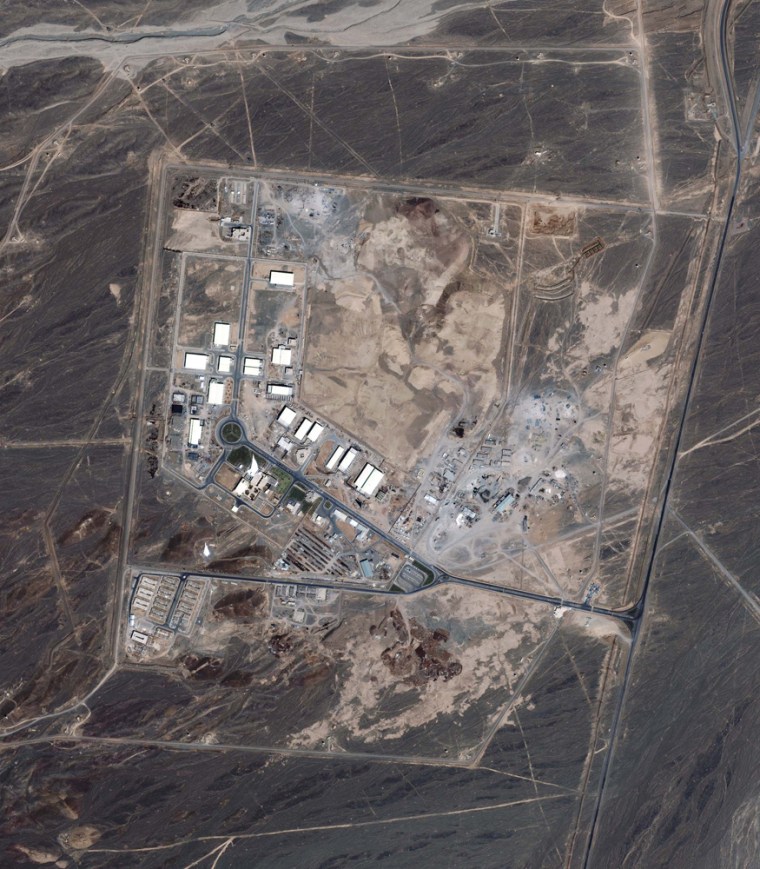Iran’s hard-line president has ordered nuclear facilities opened to foreign tourists to prove that the nation’s disputed atomic program is peaceful, state-run television reported on Wednesday.
“After an order by the president ... foreign tourists can visit Iran’s nuclear facilities,” the head of Iran’s tourism division, Esfandiar Rahim Mashai, was quoted as saying.
Mashai said President Mahmoud Ahmadinejad issued the order to show that Iran’s nuclear program it aims to generate fuel, not weapons.
“We are reviewing the related instructions in this regard,” he reportedly said.
An official said tourists could visit the facilities, including the Natanz uranium enrichment plant, 150 miles south of Tehran, the centerpiece of Iran’s disputed atomic fuel drive.
New tourism niche?
Despite offering attractions such as ancient Persian ruins, intricately tiled mosques and spice-filled bazaars, as well as skiing in its northern mountains, tourism is underdeveloped in the Islamic Republic, where strict religious dress codes require women to cover their heads and bodies.
And it is unclear whether tourists will flock to see Iran’s nuclear facilities, which are ringed by anti-aircraft batteries.
Foreign and Iranian journalists, who often request visits, have been given only occasional tours of Natanz, the uranium conversion facility of Isfahan or Bushehr, the site of Iran’s first nuclear power plant that is still being built.
Even U.N. inspectors, who are given routine access to nuclear sites, have complained about some restrictions in the past, although Iran denies causing any obstructions.
U.S. visitors might be fingerprinted
The report did not clarify the definition of a foreign tourist. The announcement came a day after Iran’s parliament voted to debate a bill that would require the government to fingerprint all U.S. citizens visiting Iran.
The draft law would require all American citizens to be fingerprinted when they enter Iran. The measure was in retaliation for the fingerprinting of Iranian travelers visiting the United States — a procedure implemented in 2002 for Iranians and citizens of several other countries.
The U.S. and some of its allies fear Iran is seeking to enrich uranium to develop nuclear weapons.
Senior U.N. diplomats said Tuesday that Iran’s refusal to freeze uranium enrichment had sabotaged talks meant to defuse the standoff over its nuclear program, opening the way for the Security Council to start considering sanctions next week.
